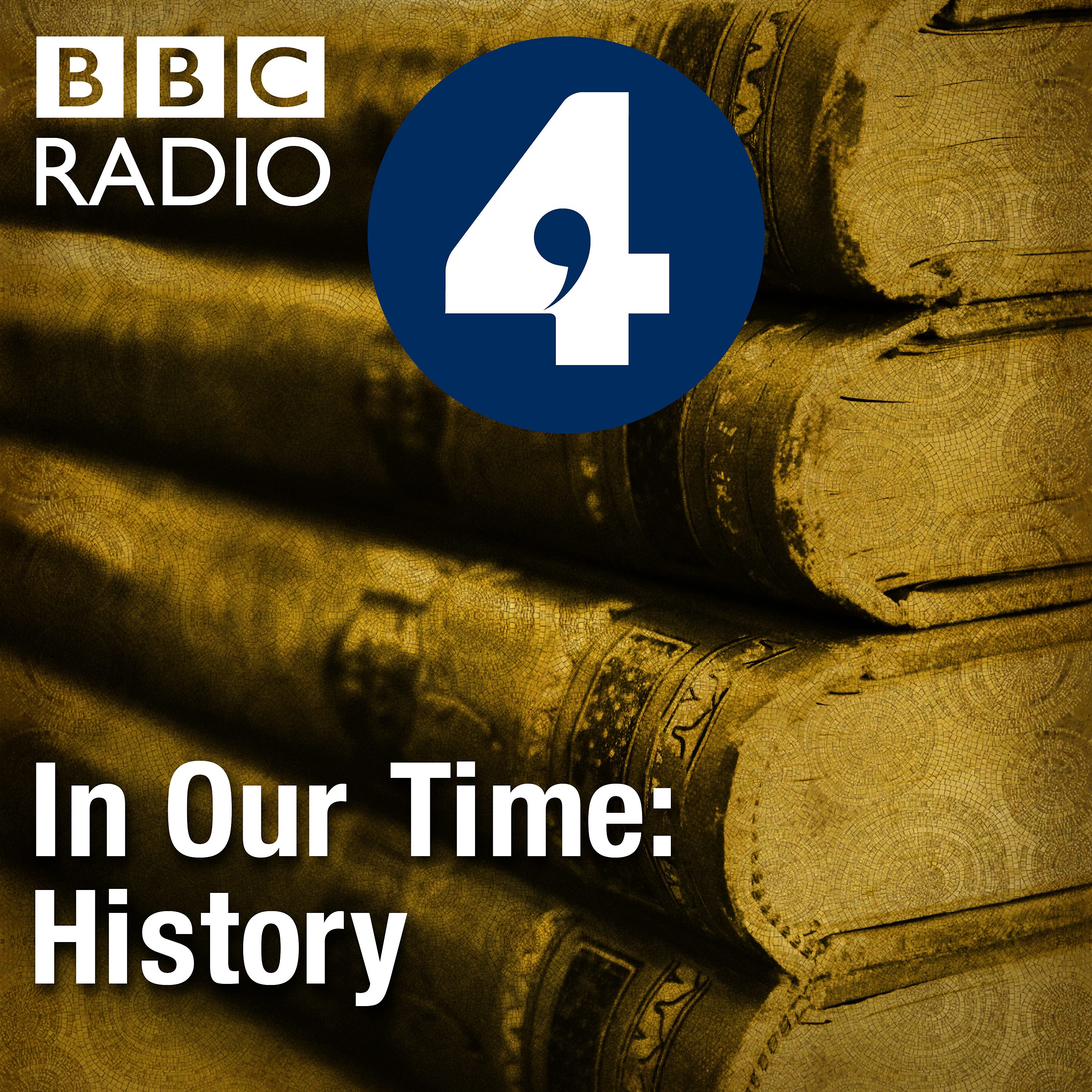The Poor Laws
Description
Melvyn Bragg and guests discuss how, from 1834, poor people across England and Wales faced new obstacles when they could no longer feed or clothe themselves, or find shelter. Parliament, in line with the ideas of Jeremy Bentham and Thomas Malthus, feared hand-outs had become so attractive, they stopped people working to support themselves, and encouraged families to have more children than they could afford. To correct this, under the New Poor Laws it became harder to get any relief outside a workhouse, where families would be separated, husbands from wives, parents from children, sisters from brothers. Many found this regime inhumane, while others protested it was too lenient, and it lasted until the twentieth century.
The image above was published in 1897 as New Year's Day in the Workhouse.
With
Emma Griffin
Professor of Modern British History at the University of East Anglia
Samantha Shave
Lecturer in Social Policy at the University of Lincoln
And
Steven King
Professor of Economic and Social History at the University of Leicester
Producer: Simon Tillotson
More Episodes
Melvyn Bragg and guests discuss the most influential work of Thorstein Veblen (1857-1929). In 1899, during America’s Gilded Age, Veblen wrote The Theory of the Leisure Class as a reminder that all that glisters is not gold. He picked on traits of the waning landed class of Americans and showed...
Published 12/14/23
Published 12/14/23
Melvyn Bragg and guests discuss the North African privateers who, until their demise in the nineteenth century, were a source of great pride and wealth in their home ports, where they sold the people and goods they’d seized from Christian European ships and coastal towns. Nominally, these...
Published 12/07/23


